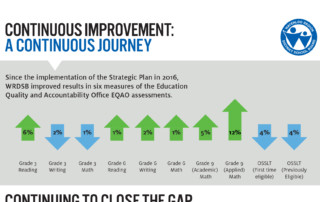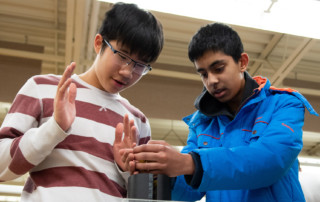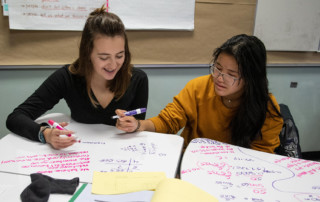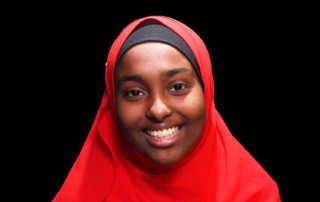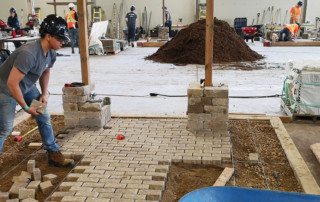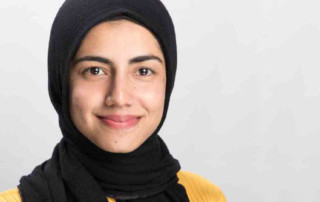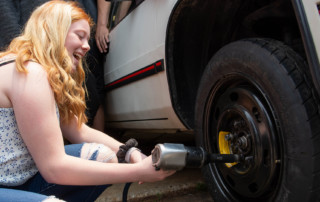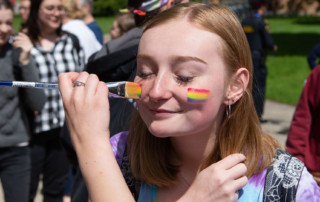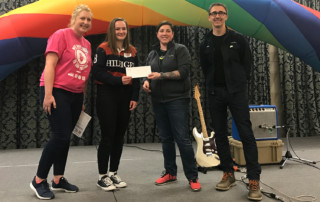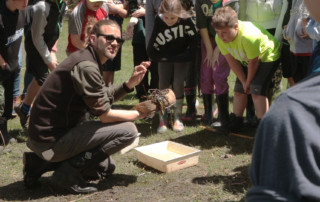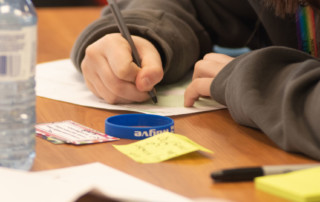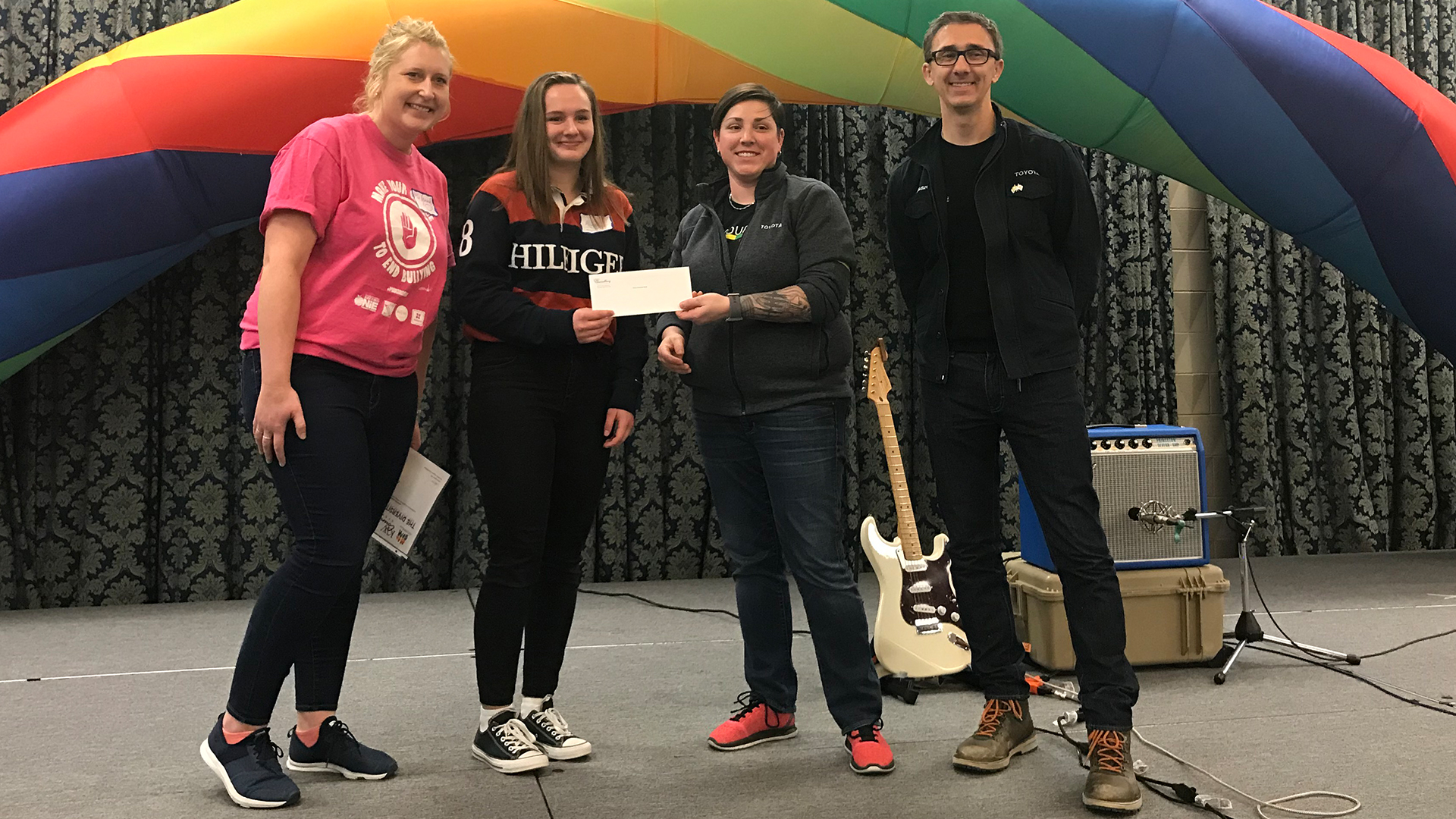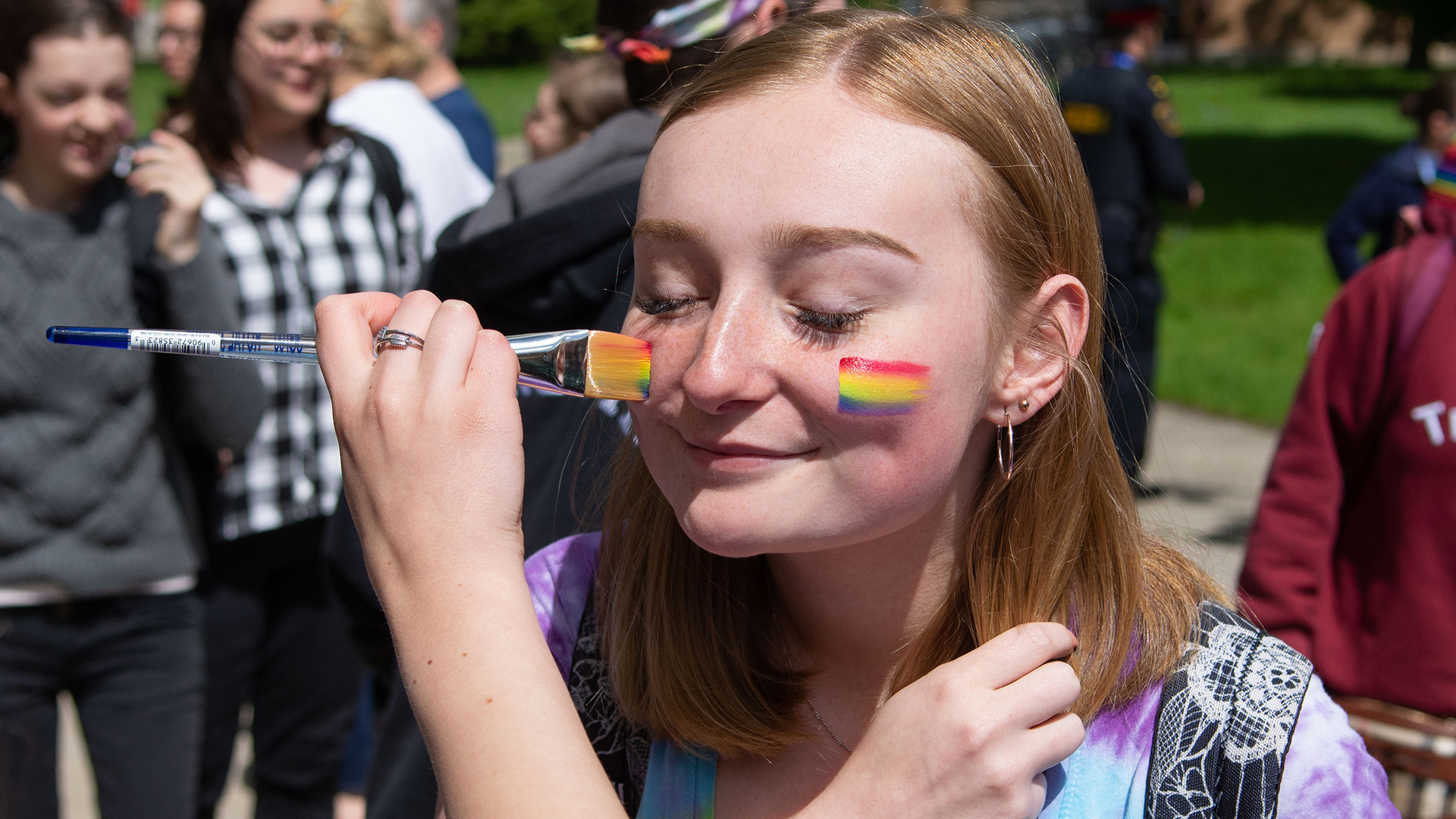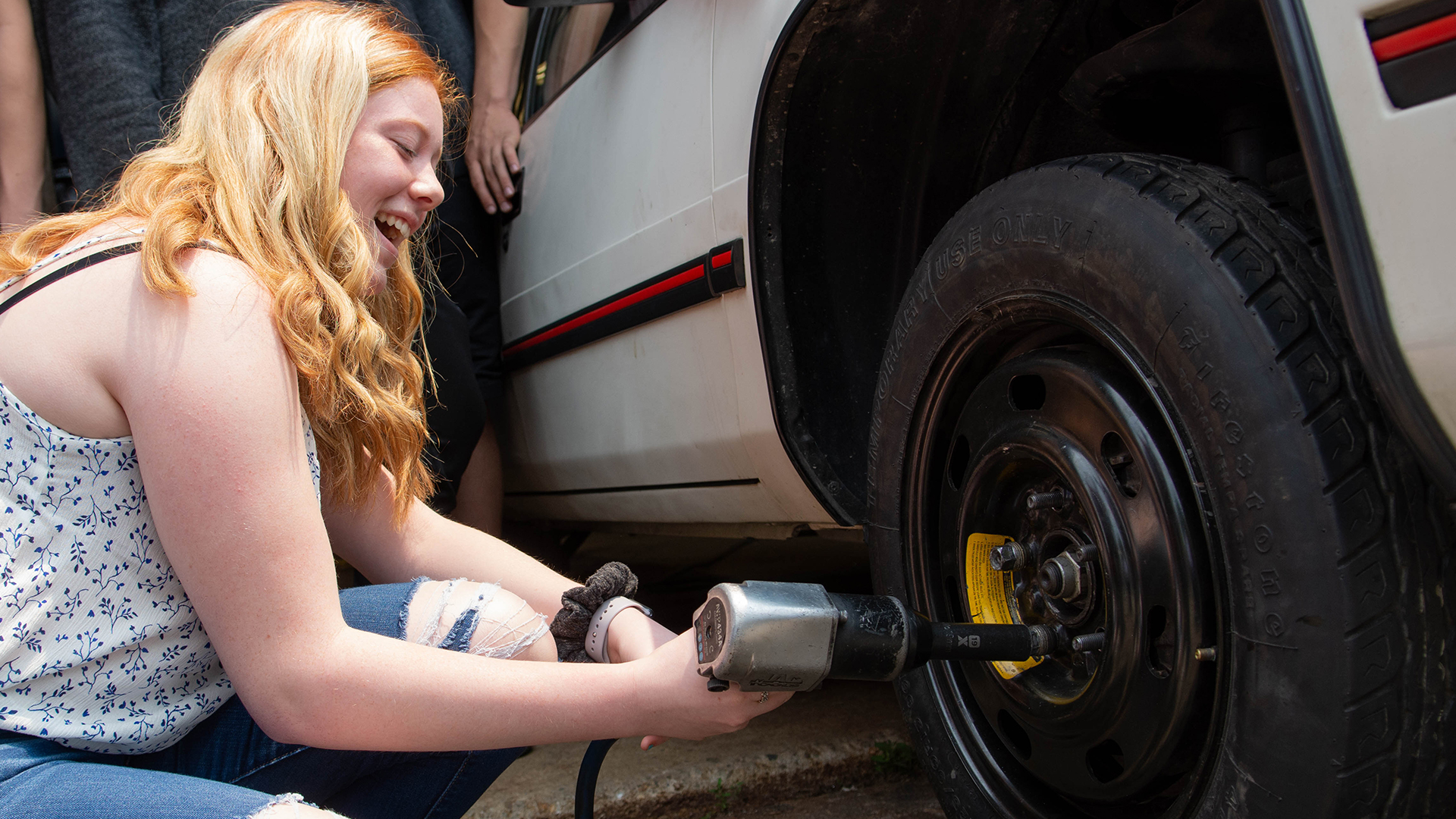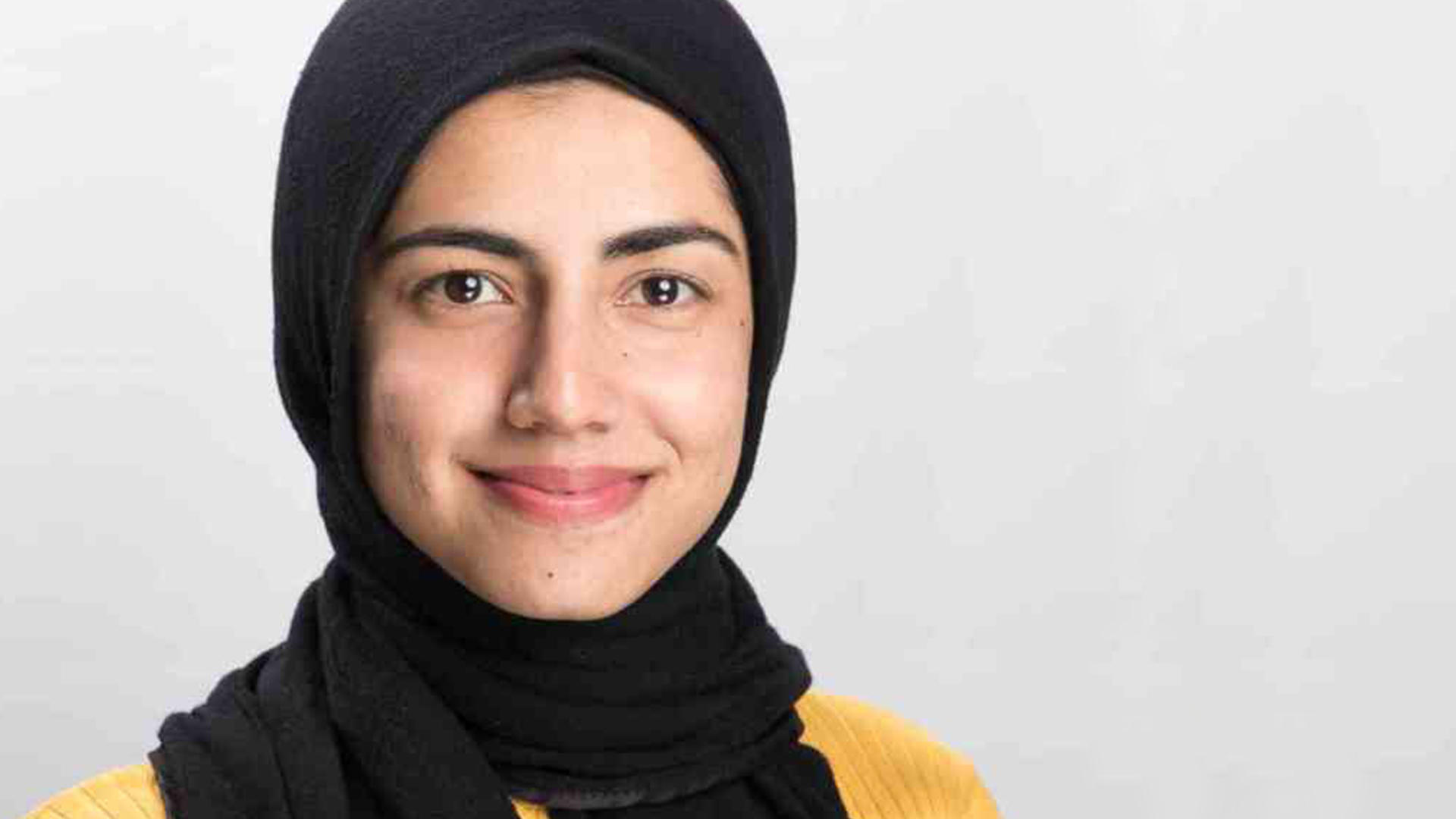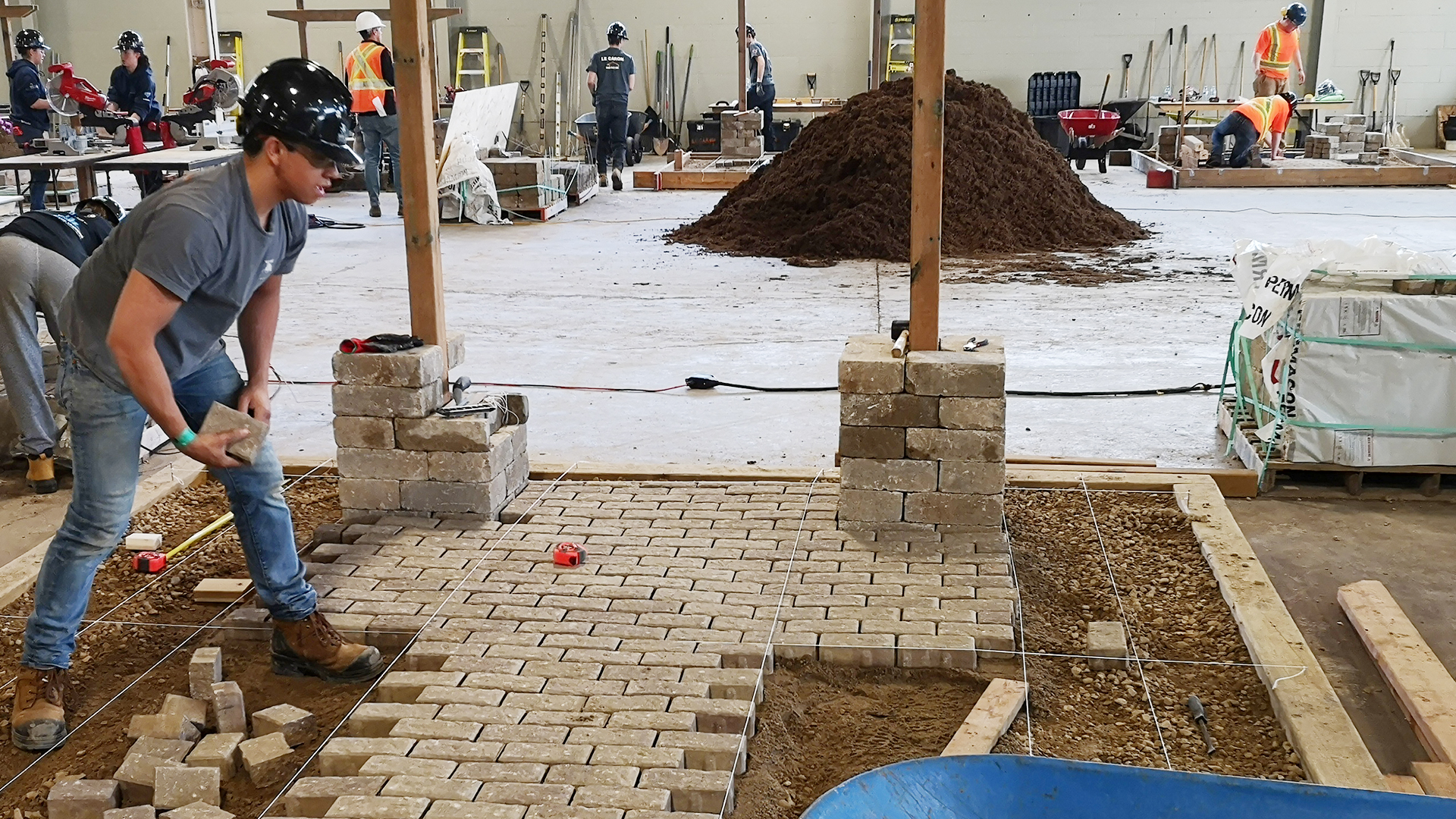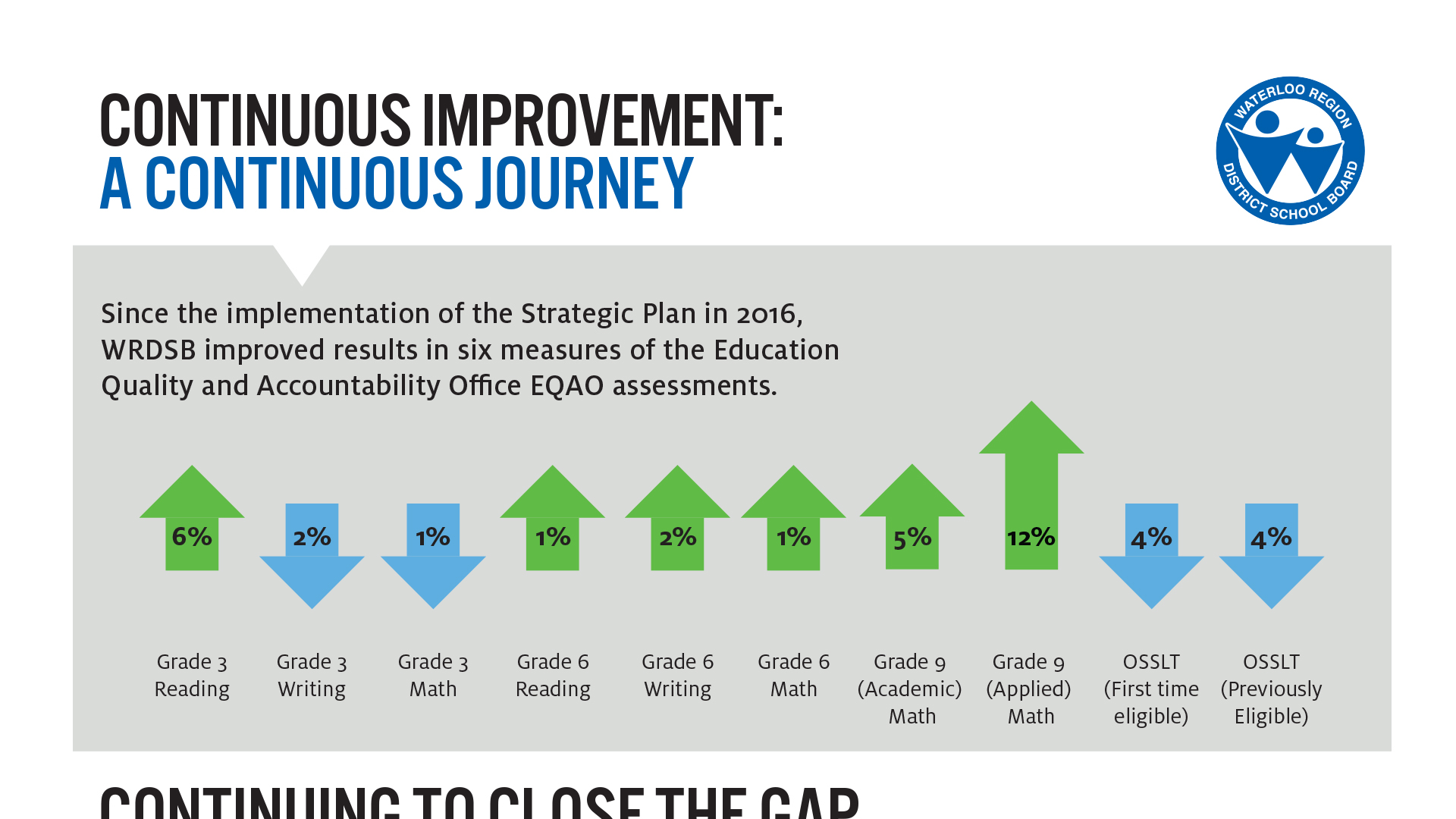Mathematics
Increase the percentage of students achieving at provincial standard by 8 per cent yearly on grade 3, grade 6 and grade 9 applied EQAO mathematics assessments for three years.
We believe mathematics is an essential skill vital to our students’ future successes. Through a variety of tools and teaching approaches, our teachers encourage students as they develop a deep understanding of math. Many of the strategies we have identified to support this goal are already well underway. See how far we have progressed on each of our goals.
Our most recent EQAO results show continuous improvement since the implementation of the board’s strategic plan in 2016, offering encouragement for our strategies. Our focus remains on building the capacity of our classroom educators by providing professional learning opportunities to teachers on effective instructional and assessment strategies.
The results of this can be seen looking at Aleda Klassen’s math classroom at Waterloo Collegiate Institute (WCI). Klassen’s students work collaboratively on whiteboards to solve problem. Her focus is on creating opportunities for students to struggle with math problems, and work to find their own solutions. This way, they develop a deeper understanding of the mathematical theories, rather than simply learning how to use equations.
The work Klassen is doing to innovate math instruction has not gone unnoticed. In early 2019, she was awarded the Prime Minister’s Award for Teaching Excellence in STEM for her work to create multiple opportunities for success in math.
Collaborative efforts with local institutions like the Faculty of Engineering at the University of Waterloo provide unique learning opportunities for our elementary students, such as the workshops provided to grade 7 and 8 students at Centennial Public School in Waterloo.
Graduation Rates
Within 3 years we will increase our five-year graduation rate by 5 per cent through the implementation of an evidence-based K-12 strategy.
We want to support every student in reaching their potential and graduating. This support is being offered in many ways to meet a student’s individual learning needs. We have developed several strategies that are now in place to continue to improve our graduation rates.
Our strategies include identifying and re-engaging at-risk students through a collaborative alternative education program, and supporting administrators and educators with the resources they require to meet the needs of our most at-risk school communities and students.
This past year, we visited every one of our 16 secondary schools and asked our graduating class to reflect on their WRDSB journey – the people who inspired them, the advice they would give to their younger self, and what’s next. The words of our graduates help to remind us of our purpose and the difference every staff member can make in the lives of our students.
Well-Being
All students and staff will be supported and affirmed in the areas of cognitive, emotional, social and physical well-being with the acknowledgement of how these contribute to self and spiritual well-being.
We believe that a collaborative approach is needed to provide positive learning environments for all students. Our staff, families and caregivers are partners in every student’s learning journey. We have implemented strategies that support the well-being of all of our partners.
We embrace an attitude of care and support, especially when it comes to our students and staff. In early 2019, secondary students from across the WRDSB came together for the Voices Conference to help develop ideas to increase student engagement in their school. Their ideas included the creation of quiet spaces for students to work, access to healthy snacks and calming activities.
“We, as students, finally felt like we had a voice and what we did or said could make a change,” said Brady, a student at Waterloo-Oxford District Secondary School.

